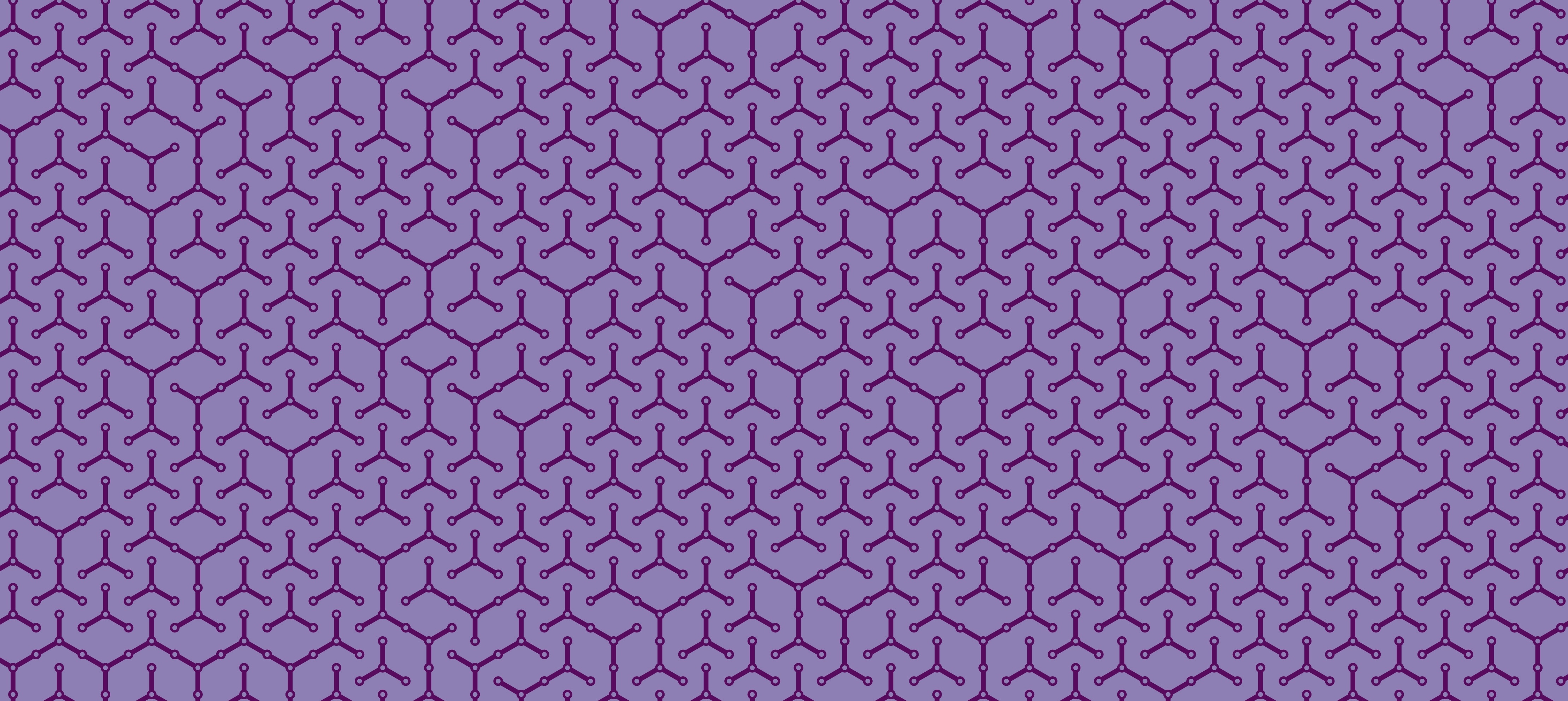
ANU Futures Workshop: Recent Progress of Harmonic Analysis in General Relativity and Quantum Information.
A workshop introducing researchers with some background in harmonic analysis and dispersive partial differential equations to some open problems in general relativity and quantum information.
About
About
Recently, there have been some remarkable breakthroughs of harmonic analysis techniques in general relativity and quantum information.
As some featured examples, we refer to a result in 2021 of Hintz and Vasy and now in 2025 of Hintz, Petersen, and Vasy, in proving global nonlinear stability of Kerr-de Sitter spacetimes, extending Fourier-harmonic analytic methods into nonlinear geometric PDES, and the solution of the L2 curvature conjecture for the Einstein Equations by Klainerman, Rodnianski, and Szeftel.
Some main themes of this workshop will be to explore:
- How harmonic analysis can be used in General Relativity settings, which often involve obstacles like a lack of global Fourier transforms, noncompactness of Lorentzian manifolds and the associated scattering theory, and nonlinear and geometric structure of PDEs.
- The analysis of Schrodinger operators that arise in quantum computing (including themes such as Lieb-Robinson bounds).
One of the main goals of the workshop will be to introduce researchers with some background in harmonic analysis and dispersive PDE to some open and accessible problems in general relativity and quantum information. The structure of the workshop will accommodate time for plenary talks, problem sessions, and discussion and collaboration time. Thus the workshop is ideal for researchers in harmonic analysis or dispersive PDE seeking an introduction to how these techniques may be applied in a general relativity or quantum information setting, and to be acquainted with some accessible open problems in those fields, or conversely researchers in General Relativity or Quantum Information seeking to incorporate more harmonic analysis techniques into their research.
Participation is in person only. There will be talks that are delivered by video link.
Speakers
Di Fang (Duke University) - online talk
Jesse Gell-Redman (University of Melbourne)
Zihua Guo (Monash University)
Andrew Hassell (Australian National University)
Xiao Ma (University of Michigan) - online talk
Todd Oliynyk (Monash University)
David Ou Yang (Ludwig-Maximilians-Universität München)
Volker Schlue (University of Melbourne)
Andras Vasy (Stanford University) - online talk
Jingxuan Zhang (Tsinghua University)
Scientific and Organising Committee
Alexandria Rose (Australian National University)
Pierre Portal (Australian National University)
Xiaoxu Wu (Australian National University)
Tony Martin (Australian National University)
Registration as a participant
Registrations for participants is open. Please note:
- there is no support available from ANU for participants
- we are unable to issue letters of invitation to participants
Conference dinner
TBC
Accommodation options
ANU Apartments (on campus)
Novotel Canberra - Google Maps
Peppers Gallery Hotel Canberra - Google Maps
Canberra Accommodation Centre. They are a short tram ride from ANU.
Forrest Hotel and Apartments. They are about a 10 min drive from ANU.
Travel information
Venue
Mathematical Sciences Institute
ANU College of Systems and Society
Seminar Rooms 1.33 & 1.37
Hanna Neumann Building #145, Science Road
The Australian National University
Canberra ACT 2600
